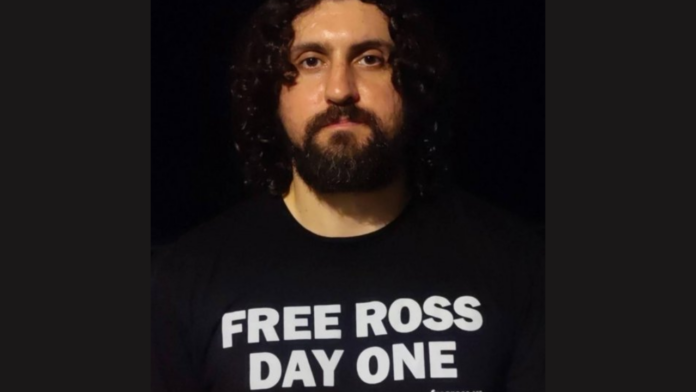Amir Taaki’s tweet is a passionate tribute to Ross Ulbricht, the founder of the Silk Road, who is currently serving a life sentence in prison. Taaki acknowledges that his life and career in the cryptocurrency space were profoundly shaped by Ulbricht’s vision and the creation of the Silk Road—a marketplace that allowed people to exchange goods voluntarily, an idea which was integral to the spread of Bitcoin.
Taaki expresses deep gratitude for Ulbricht’s sacrifice, arguing that the success of Bitcoin and the broader crypto movement owes much to Ulbricht’s actions. Despite the immense positive impact Ulbricht’s work had on the crypto community, he remains largely forgotten, Taaki writes, lamenting that Ulbricht is unjustly imprisoned while his contributions continue to benefit millions. The government’s attempts to discredit Ulbricht, he claims, were motivated by propaganda. He stresses that the accusations of murder, which were later dropped from the trial, were intentionally used to confuse and tarnish Ulbricht’s reputation.
The Silk Road itself, Taaki recalls, was more than just a marketplace—it was a libertarian, agorist community with a bold mission to challenge the power of the US state through voluntary free markets. He reminisces about the discussions, the manifestos, and the ideals that guided the Silk Road’s operations. However, Taaki believes the government saw Ulbricht as a threat and made an example of him, sentencing him to life in prison without the possibility of early release.
Taaki goes on to recall personal interactions with Ulbricht while he was still running the Silk Road. He recalls sending messages to the Dread Pirate Roberts (Ulbricht’s pseudonym) and receiving hopeful responses. However, in later messages, he noticed a shift in tone and grammar, which he speculates could support Ulbricht’s claim that he had handed over the operational control of Silk Road to a team.
Despite the bleak outlook, Taaki is hopeful for Ulbricht’s potential freedom, expressing disbelief that some “humanitarians” are weighing his life sentence as if it doesn’t matter in the grand scheme of things. For Taaki, Ulbricht is a hero—almost a martyr—whose sacrifices paved the way for others to enjoy the freedoms that cryptocurrencies have enabled. Taaki’s call to action is clear: he believes that those in the crypto community owe a debt to Ulbricht and must fight to secure his freedom.
Taaki criticises the crypto community for its hypocrisy, accusing some of enjoying their wealth and freedom without taking action for those who are still in prison. He points out the disconnect between the wealthy crypto elites and the struggles of those like Ulbricht, who face life in prison while others debate their political beliefs over cocktails.
He contrasts the struggle to free Ulbricht with political actions like voting, which he sees as irrelevant in addressing the real underlying issues of authoritarianism and state control. Taaki argues that politicians are not the solution but the problem. The true objective, he says, is to make politics irrelevant by building systems outside of traditional state power—something Ulbricht embodied. Taaki sees securing Ulbricht’s freedom as the most tangible and urgent goal.


